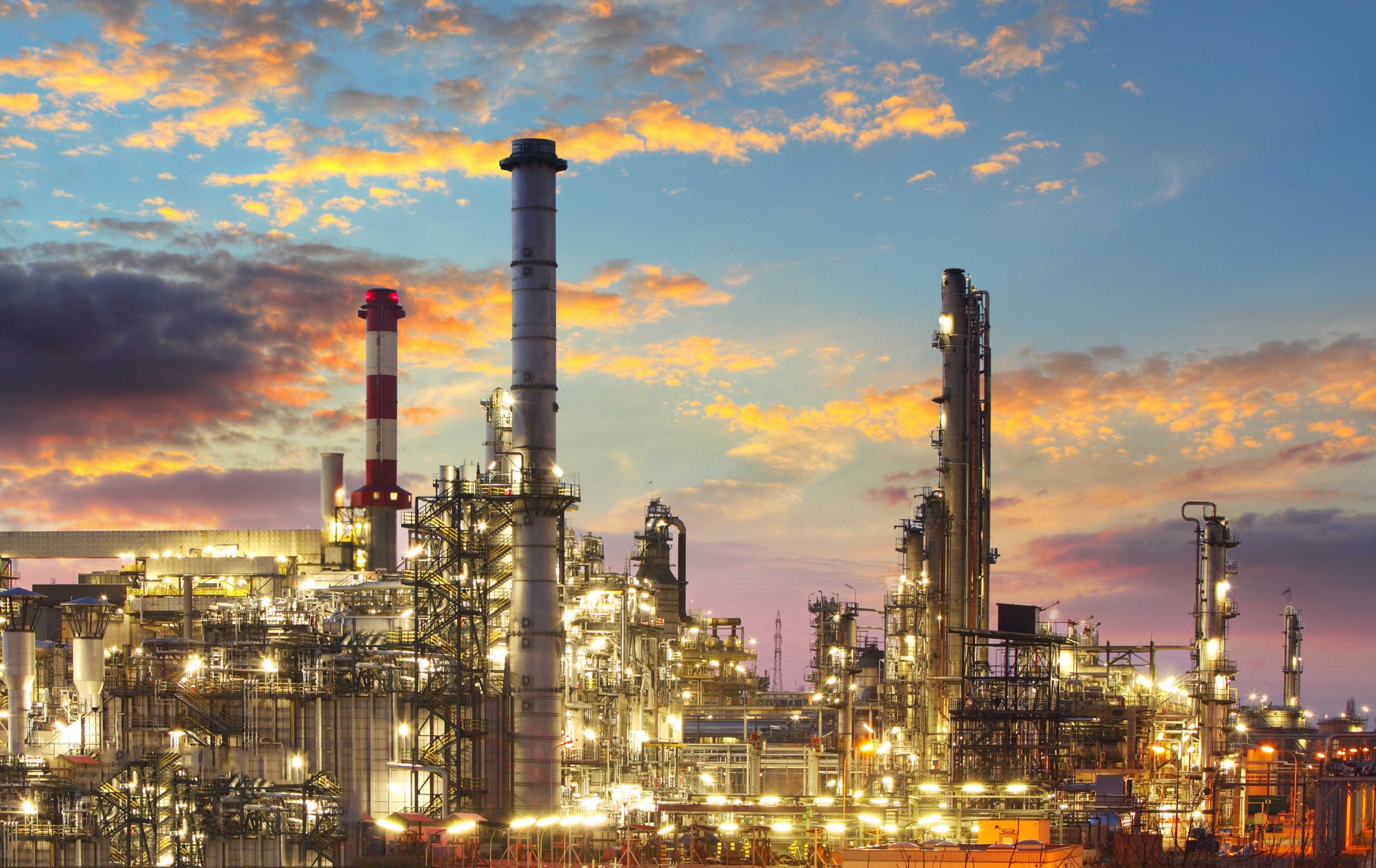China is reviving a US$20 billion petrochemical project in eastern Shandong province as part of efforts to dial up infrastructure spending to support an economy struggling with the impact of the COVID-19 pandemic.
The 400,000 barrel-per-day (bpd) refinery and 3 million tonne-per-year ethylene plant in Yantai, Shandong, the country’s hub for independent oil refineries, was proposed years ago but approval has been slow in coming because of China’s struggle with excess refining capacity.
With investment at nearly RMB140 billion (US$20 billion), the project could help cut China’s petrochemical imports. Analysts expect the massive project to be operational around end of 2024, with revenue underpinned by petrochemicals, demand for which is more resilient than for transportation fuels that has been hit hard by the pandemic.
The project will be the latest addition to China’s recent wave of petrochemical investments, which have been led by the private sector and drawn global giants like BASF and Exxon Mobil. China is allowing greater access by global majors and local independents to its massive chemicals market to feed plastics, coatings and adhesives to the fast-growing consumer electronics and automotive sectors, as well as polyesters for clothing.
Shandong province has more than 60 small plants – most of which will be closed to make way for the larger, more efficient complex. More than 20 percent of China’s total crude oil imports make its way to Shandong, but it has become less competitive in recent years after the start-up of large integrated petrochemical projects like Hengli Petrochemical’s Dalian plant and Zhejiang Petrochemical Corp’s Zhoushan complex.

















